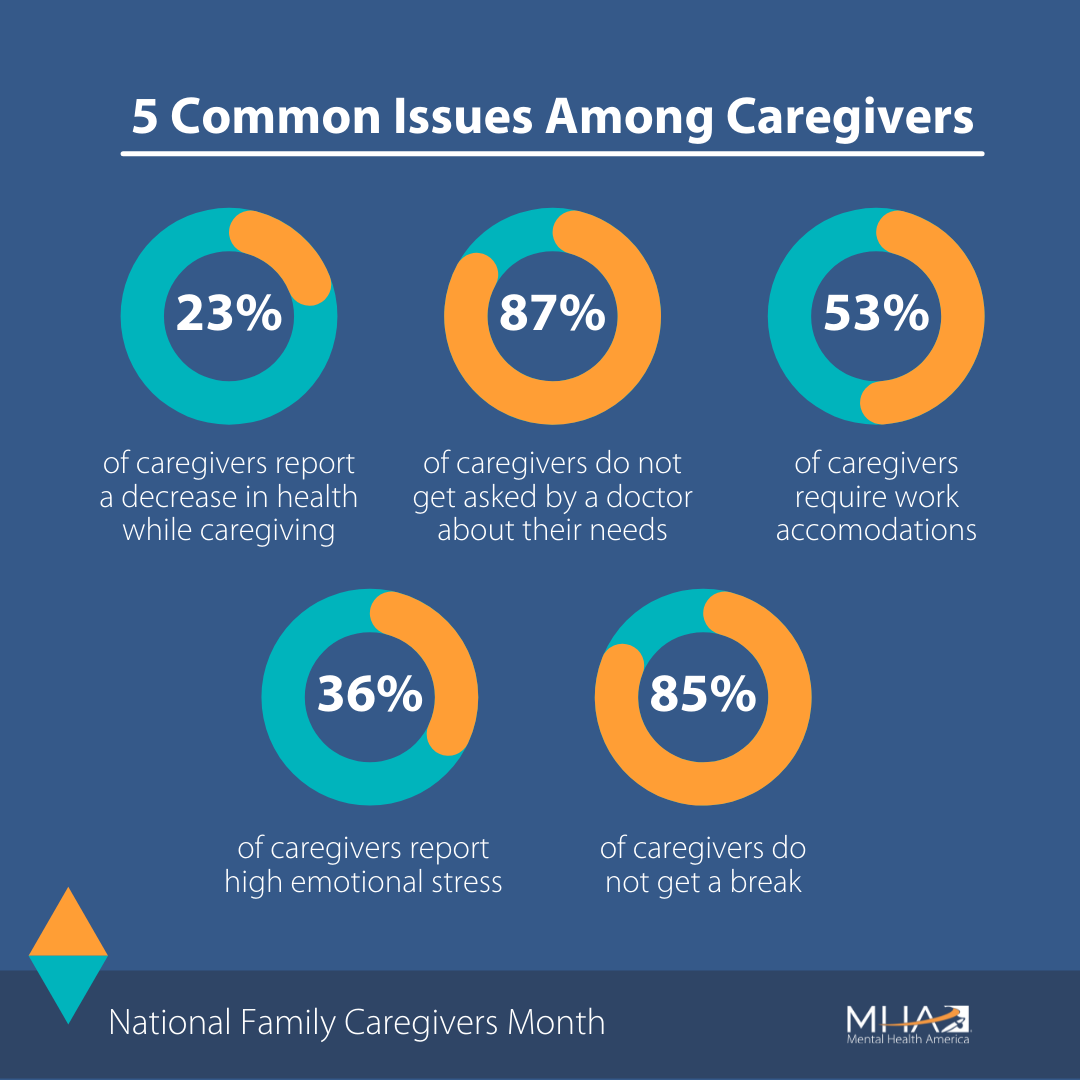
Spare a thought for psychiatric caregivers too
According to National Health Mission estimates, 6-7% of India's population suffers from mental disorders.
Spare a thought for psychiatric caregivers too
According to National Health Mission estimates, 6-7% of India's population suffers from mental disorders.
Over 90% of psychiatric patients in India live with their families. The caregiver is under considerable stress because of the physical and emotional care giving along with social isolation, financial difficulties and behaviour of the patient. Chronic mental illness, more so in a nuclear household, disrupts daily life and drains family's resources.
Prolonged care giving negatively impacts the well-being of the caregiver. Counselling services are provided, but on request. This is not sufficient as many people might no even be aware of the emotional strain and hence not reach for support.
The National Mental Health Programme and the decentralised District Mental Health Programme focus on the patient but neglect the caregiver. It is essential to introduce a structured intervention programme to educate and support the caregivers of psychiatric patients. It would give them a better sense of control over their life and help in coping with their role.
Successful intervention models include cognitive behavioral therapy, psycho-educational skill building, family counselling and peer support.
Issues currently include lack of trained specials and insufficient budget allocation, which hinder the preparedness of healthcare systems to provide caregiver support.
• The Mental Health Act 2017 provided a corrective step with the mandate to treat mental disorders on par with physical disorders for insurance coverage. Government schemes such as the Ayushman Bharat provide coverage for mental disorders. However, coverage by private insurers remains limited.
A comprehensive treatment of psychiatric illnesses needs building effective partnerships between health-care professionals, informal caregivers and psychosocial interventions.
